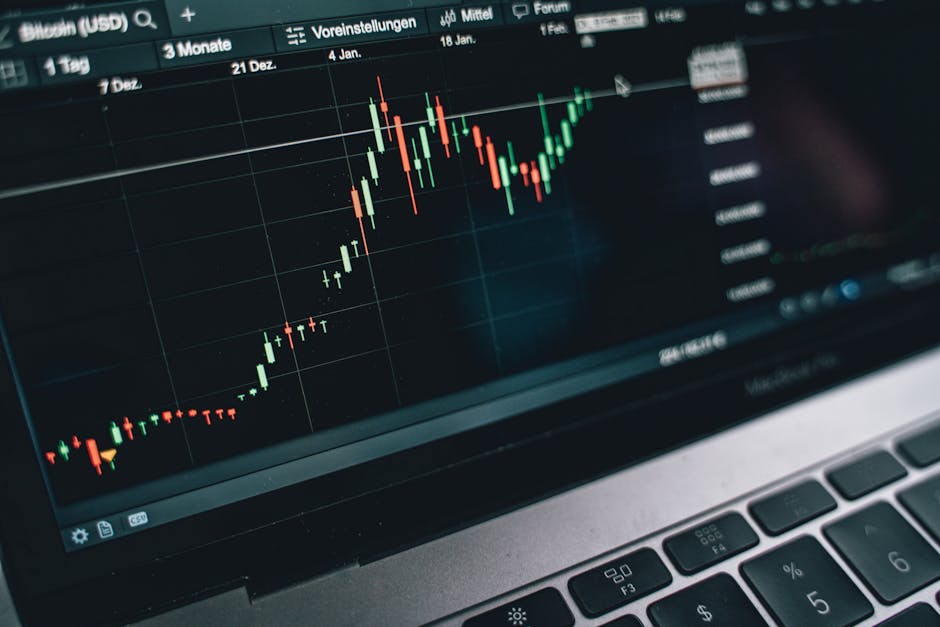 Reports of heightened tensions between Israel and Iran have triggered a significant increase in oil prices. Investors reacted swiftly to the news, pushing the cost of crude oil upwards. This reflects concerns about potential disruptions to oil supplies if the conflict were to escalate further.
Reports of heightened tensions between Israel and Iran have triggered a significant increase in oil prices. Investors reacted swiftly to the news, pushing the cost of crude oil upwards. This reflects concerns about potential disruptions to oil supplies if the conflict were to escalate further.
The rise in oil prices is primarily attributed to fears of instability in the Middle East, a region critical to global oil production. Any escalation could impact oil tankers and pipelines, potentially leading to supply shortages.
Financial markets globally are showing signs of unease in response to the Israel-Iran developments. This uncertainty is contributing to volatility in trading.
Stock futures, which predict the opening values of stock markets, have declined. This indicates that investors anticipate a potential drop in stock values at the start of trading sessions, reflecting a cautious stance.
The energy sector, which includes oil and gas companies, may see some benefits from the price surge. Conversely, sectors that are heavily reliant on energy, such as transportation and manufacturing, are likely to face increased costs.
This situation highlights the interconnectedness of global financial markets and the potential impact of geopolitical events on economies worldwide. Even events in regions far removed from major financial hubs can have ripple effects.
Analysts are closely monitoring the situation, assessing the potential for further escalation and its impact on economic indicators like inflation. Concerns about inflation are growing, as higher oil prices can contribute to increased costs across various sectors.
Governments and central banks are likely to be closely monitoring market movements and considering possible intervention strategies if the situation deteriorates. Actions to stabilize the market may be considered.
The specific nature of the reports on Israel-Iran tensions is being examined, with details scrutinized for their impact on the situation. Clarity on the reports will be essential to fully analyze the situation.
The immediate impact of this event is the price volatility, and markets will attempt to find an equilibrium amidst the uncertainty. The long-term effects on market and global economies remain to be seen, as the unfolding situation is tracked.







